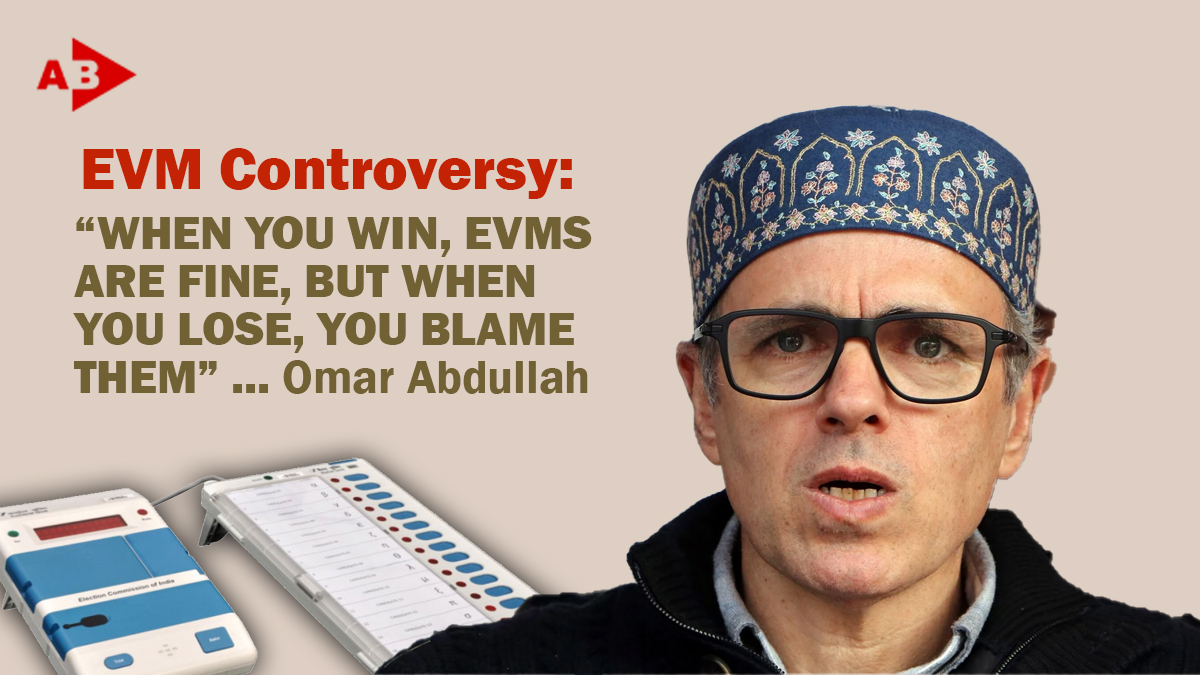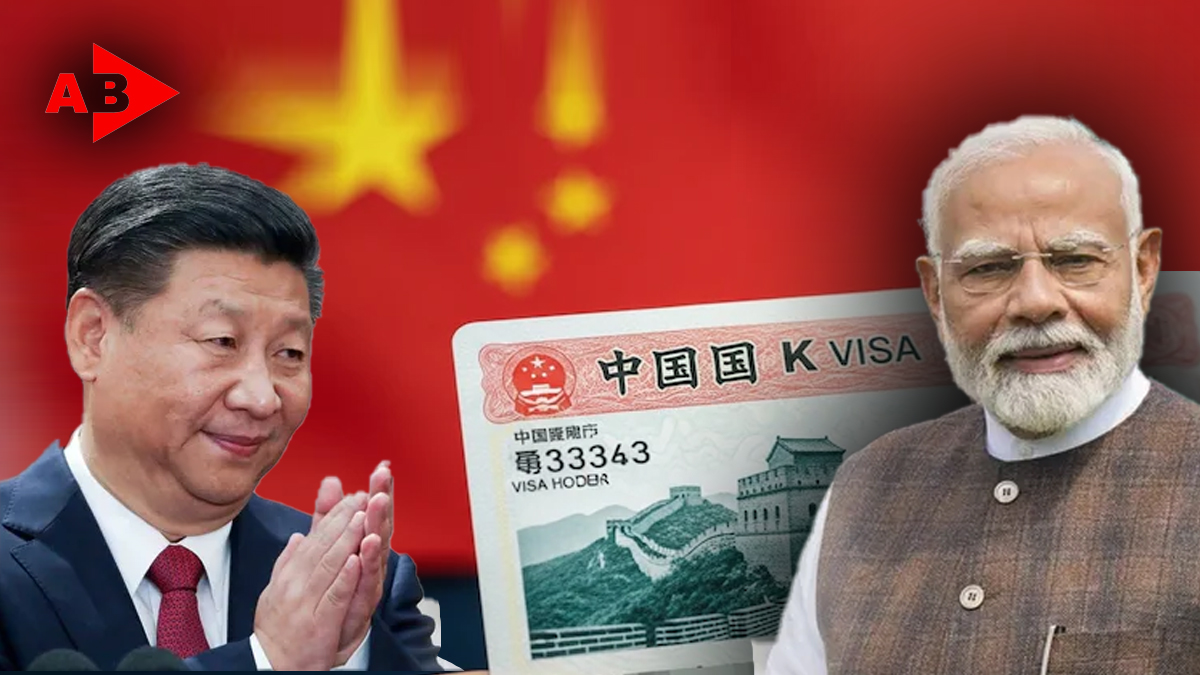
Kashmir’s former Chief Minister urges opponents to accept electoral defeats instead of questioning the integrity of Electronic Voting Machines.
Omer Abdullah’s recent remarks on the EVM controversy shed light on the hypocrisy of opposition leaders in accepting electoral defeat. He encourages acceptance and accountability rather than lamentation over voting technology.
Jotirmoy Roy, AB News, New Delhi: In the wake of recent elections, the controversy surrounding Electronic Voting Machines (EVMs) has resurfaced, especially from leaders of opposition parties grappling with electoral defeat. Omer Abdullah, the former Chief Minister of Jammu and Kashmir and a prominent voice in Indian politics, has painted a poignant and much-needed picture, urging politicians, particularly from the Congress party, to cease their lamentations over EVM reliability and instead acknowledge their losses with integrity.
Abdullah’s statement resonates with a larger trend we observe in Indian politics. When a party emerges victorious, the EVM is often hailed as a paragon of technological integrity; however, the narrative flips to one of conspiracy and blame when defeat occurs. Abdullah’s candid remarks underline this hypocrisy — “when you win, EVMs are fine, but when you lose, you blame them.” This perspective is critical in fostering a political environment where accountability and acceptance are prioritized over blame-shifting.
The discomfort stemming from loss is a natural human response, but to challenge the very fabric of democracy’s electoral machinery is to undermine public confidence in an already precarious political environment. The Indian political landscape is marred by a continuous cycle of allegations and grievances that serve only to distract from the responsibilities of political parties to effectively campaign, communicate their policies, and, ultimately, earn the trust of the electorate.
Omer Abdullah’s remarks also point toward a grave concern: if opposition parties do not trust the electoral process, they should reconsider their participation in elections. This sentiment raises questions about the commitment of political leaders to democracy. If politicians are quick to undermine an essential democratic tool, it not only harms their credibility but also erodes public trust in the electoral process as a whole.
Moreover, Abdullah’s observations parallel those of the ruling Bharatiya Janata Party (BJP), which has consistently challenged the integrity of the opposition’s claims when they start questioning the efficacy of EVMs. This alignment raises an eyebrow regarding the objectivity of individual political motives, as it appears that the EVM narrative becomes a convenient scapegoat for parties unable to connect with the electorate’s demands.
Election results are not merely numbers; they are a reflection of public sentiment and trust. When leaders like Omer Abdullah emphasize the need for acceptance of election outcomes, they advocate for a healthier political discourse, where the focus is redirected toward policy, governance, and the electorate’s needs rather than personal grievances and conspiracy theories.
As we stand at this junction, it becomes essential for politicians across the spectrum to reflect on their roles in shaping the narrative around EVMs. Instead of perpetuating the cycle of blame, let us seek constructive dialogues that uphold democratic values, respect the electoral process, and prioritize the welfare of the citizens they aim to represent. In the end, accountability in defeat might just pave the way to a more robust and resilient democratic framework in India.


